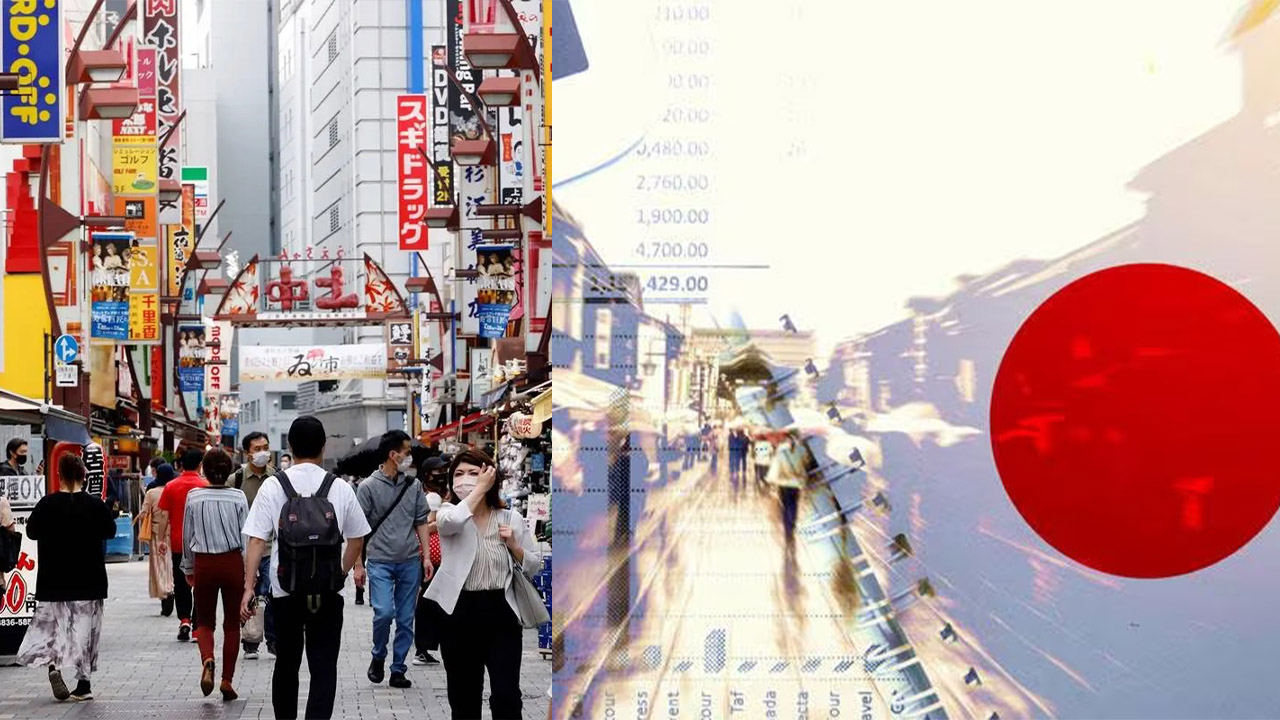Japan’s economy faced contraction in the first quarter, driven by weakened consumption and external demand, posing a fresh challenge for policymakers amidst the central bank’s endeavor to steer interest rates from near-zero levels.
Preliminary data on gross domestic product (GDP) released by the Cabinet Office on Thursday indicated a 2.0% annualized decline in Japan’s economy from January to March compared to the previous quarter, surpassing economists’ expectations of a 1.5% drop. Revised figures revealed minimal GDP growth in the fourth quarter.
This translates to a quarterly contraction of 0.5%, exceeding economists’ projected 0.4% decline. Notably, private consumption, constituting over half of Japan’s economy, experienced a 0.7% decrease, surpassing the forecasted 0.2% drop. This marks the fourth consecutive quarter of decline, the longest streak since 2009.

Yoshimasa Maruyama, chief market economist at SMBC Nikko Securities, commented,
“Japan’s economy hit the bottom in the first quarter,” anticipating a rebound in the following quarter fueled by rising wages, though uncertainties persist regarding service consumption.
Despite robust corporate earnings, capital spending, a significant driver of private demand, declined by 0.8% in the first quarter, slightly more than the anticipated 0.7% decrease.
Additionally, external demand, reflected in exports minus imports, detracted 0.3 percentage points from first-quarter GDP estimates.
Policymakers are pinning hopes on increasing wages and income tax cuts scheduled for June to invigorate sluggish consumption.

Furthermore, the anticipated fade-out of the growth drag resulting from the Noto area earthquake earlier this year and the suspension of operations at Toyota’s Daihatsu unit may provide relief.
Nevertheless, the yen’s sharp depreciation to levels last observed in 1990 has raised concerns about high living costs, putting pressure on consumption.
While the Bank of Japan (BOJ) raised interest rates in March for the first time since 2007, marking a significant departure from negative rates, the central bank is expected to proceed cautiously in easing monetary conditions, given the delicate state of the economy.







Leave a Reply